Blog
When big data meets the soul of culture: innovation for the future
Victoria Hawkins, student blogger at Congress 2015
The digital age is rapidly changing how scholars produce, share, analyze and preserve ideas. At Monday’s interdisciplinary symposium at Congress 2015, the changing nature of scholarly research with technology was the topic of discussion.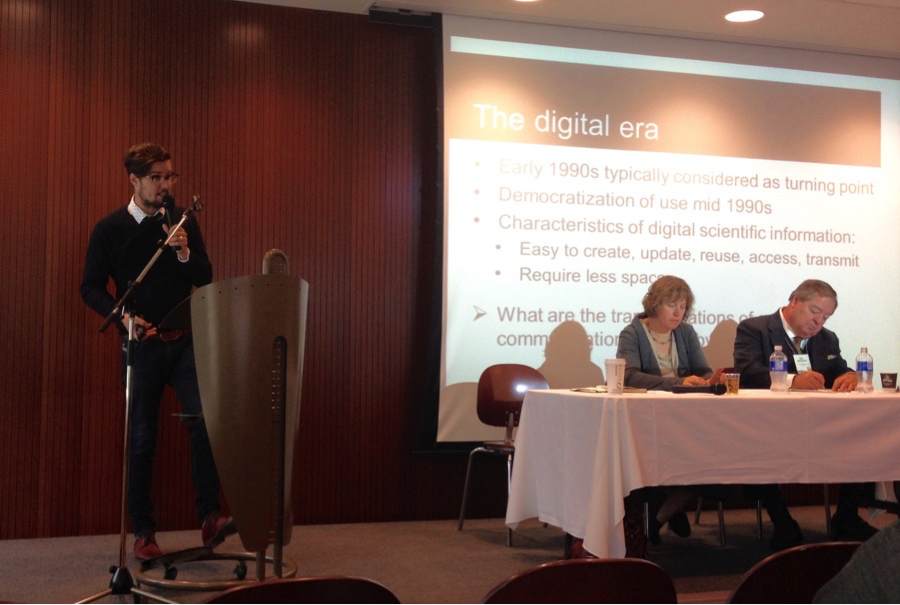
One of the event’s hot topics was the preservation of the past, facilitated by Fabien Lengellé, Corporate Secretary of Library and Archives Canada (LAC). Lengellé outlined the recent digital projects undertaken by the LAC in efforts to relate to the Digital Humanities domain. Lengellé’s presentation sparked some lively questioning about the choice of which archival materials to digitize and the difficulty of prioritizing certain records. In response, Lengellé said that...
Technological Unemployment and the Future of Work
Ashley Stewart, student blogger at Congress 2015
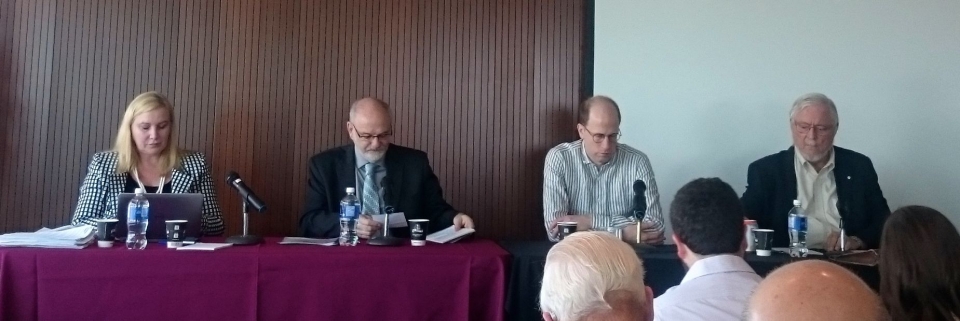
What world can we imagine in 20, 30, even 50 years in the future? How rapid will technology advance and how do we develop policy to match the speed of development? How many times will my job description change? What do we do when machine intelligence surpasses human intelligence? These are just a few of the many questions that I have after the "Technological Unemployment and Future of Work" interdisciplinary symposium at Congress 2015.
I sat down for the symposium intrigued about the topic, but didn’t fathom the scope of what I would learn. It is both fascinating and terrifying the scenarios presented about what technology could possibly bring to society and what that means for our...
Seeing the whole: innovation in learning
Ashley Stewart, student blogger at Congress 2015
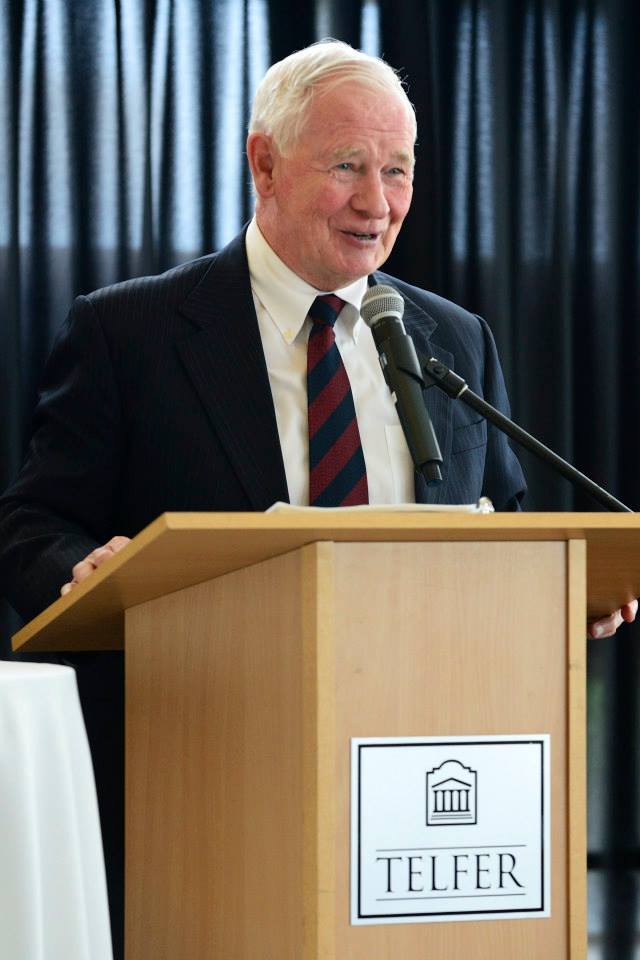
Innovation in learning was the topic of His Excellency the Right Honourable David Johnston, Governor General of Canada’s Big Thinking lecture at Congress 2015. Focusing on improving the way we learn by drawing on all areas of research, His Excellency called on his audience to embrace different perspectives and work together across disciplinary boundaries.
In this era of complex research problems, multi-disciplinary research should be common, if not the norm. Sharing ideas across disciplines will help us appreciate the multifaceted nature of any given problem. Living in a time of rapid change and a communication revolution, we are learning new ways of thinking that used to be unimaginable. Building on...
Plaidoyer pour les sciences sociales et les humanités
Gabriel Arruda, étudiant-blogueur au Congrès 2015
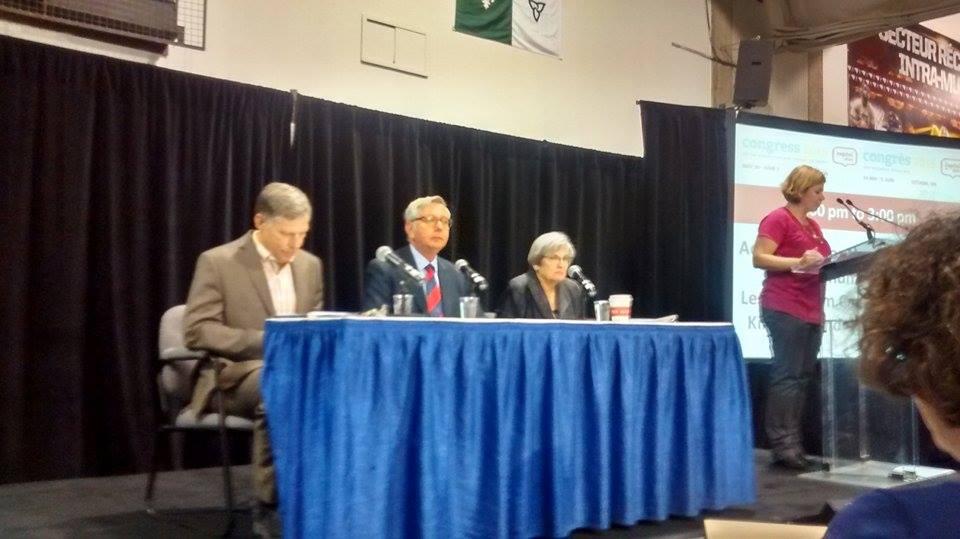
Les enjeux du 21e siècle sont nombreux et complexes. Mondialisation, changements climatiques et terrorisme ne sont que quelques exemples des défis que devront affronter les sociétés au courant des prochaines décennies. C’est pour cette raison que ces sujets sont aujourd’hui étudiés et analysés par les sciences sociales et les humanités. Après tout, ces disciplines s’intéressent à comprendre l’expérience humaine dans toute sa complexité.
L’ironie contemporaine soulevée par Stephen Toope, Président de la Fédération des sciences humaines, est que si les sciences sociales sont désormais capables d’offrir des solutions à ces...
Capitalizing on research: from Idea to Impact with Mitacs Internships
Prajeena Karmacharya, student blogger at Congress 2015
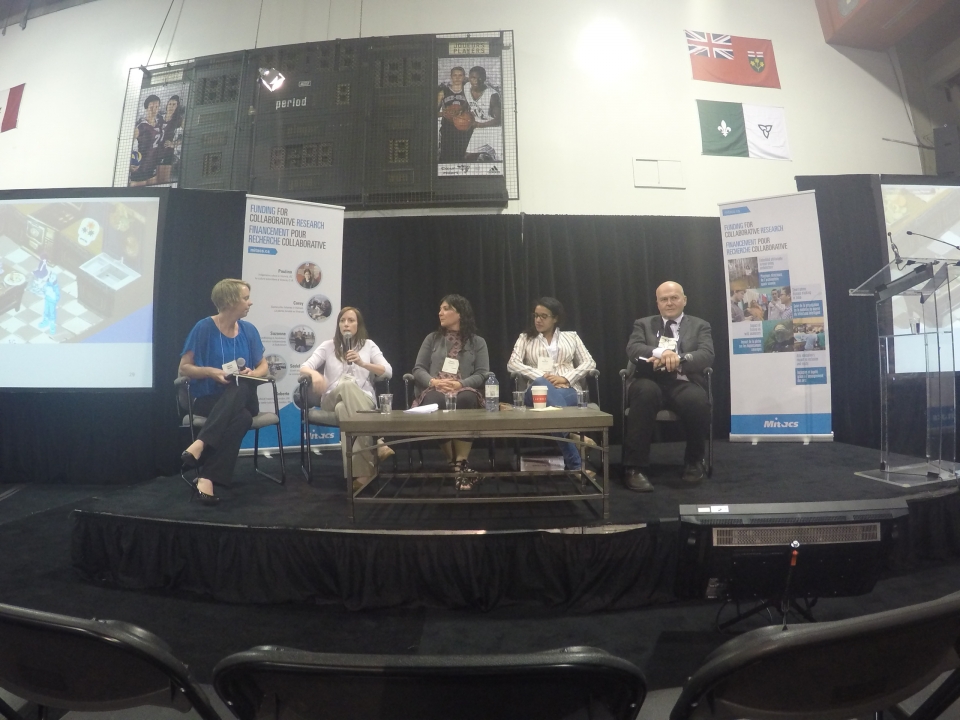
During a Congress 2015 panel titled "Capitalizing on research: from Idea to Impact", Mitacs presented an interesting perspective on collaboration between researchers, industry, government and community. Through its internship programs, Mitacs supports applied research in partnership with universities, industry and various levels of government, strengthening connections between these sectors to stimulate innovation and create jobs. In this panel, speakers focused on the impact of this kind of research-based innovation on society.
The panelists for the session were Renee Jackson, Teresa Branch-Smith, Philip Beesly and Angelique Manella. Speakers provided...